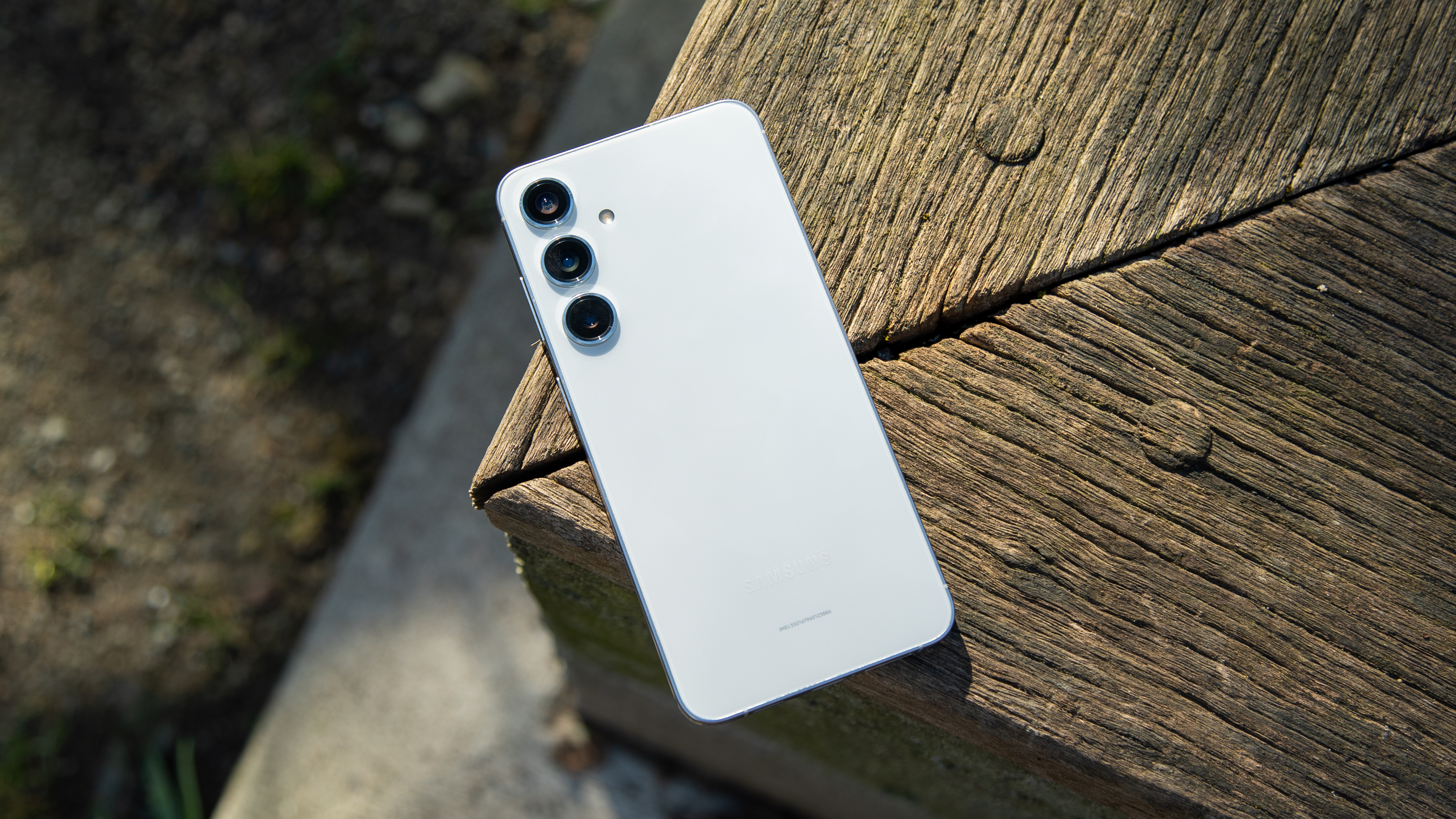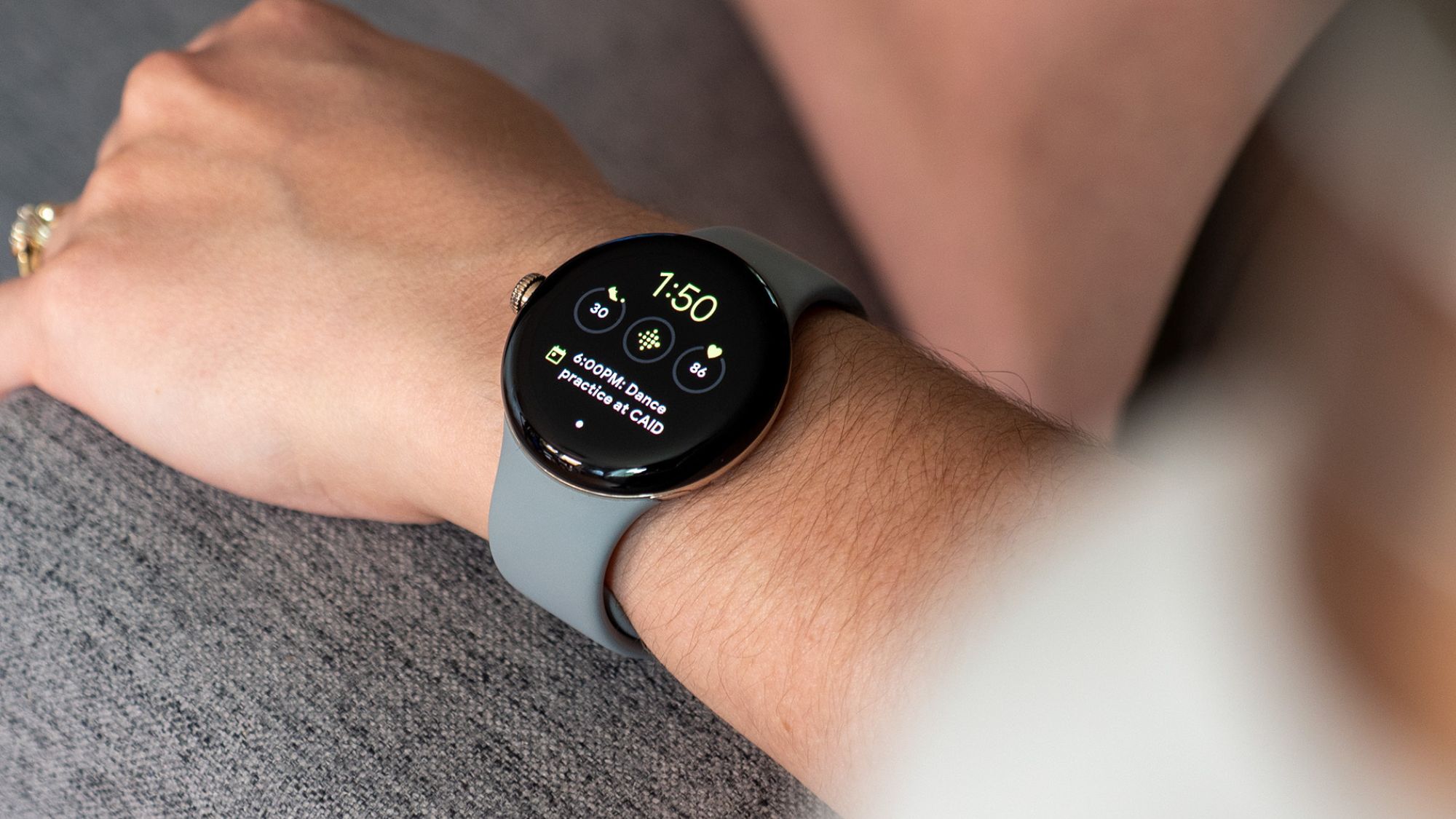What the Apple antitrust case means for Google and Android

The United States Justice Department and the attorneys general of Arizona, California, Connecticut, Maine, Michigan, Minnesota, New Hampshire, New Jersey, New York, North Dakota, Oklahoma, Oregon, Tennessee, Vermont, Wisconsin, and the District of Columbia are suing Apple, claiming the tech giant has an illegal monopoly in the smartphone market.
Similar cases against Alphabet (Google) and Amazon are also in the works and as you can imagine this case has polarized the internet just like cases before it has. Everyone has a favorite tech brand it seems.

One of the web's longest-running tech columns, Android & Chill is your Saturday discussion of Android, Google, and all things tech.
It's important to note that this is only a U.S. thing and has nothing to do with Apple's business elsewhere. Just as we saw when the EU went after Apple and changes were made that only affected products sold in the EU, any results in this trial only affect business done in the U.S.
Having said that, the complaint against Apple claims that the company:
- Degrades and undermines cross-platform messaging apps and rival smartphones, including introducing deliberate incompatibilities to prevent Android users from seamlessly sending messages to iPhone users.
- Makes it difficult for U.S. app developers to list "Super Apps," which have a broad array of functions and make it easier for consumers to switch from one phone manufacturer to another
- Blocks cloud gaming services on iPhones by historically refusing to list cloud gaming apps on the Apple App Store. Cloud gaming allows consumers to stream and play video games seamlessly across different devices independent of phone hardware.
- Limits basic functionality when consumers try to use third-party cross-platform smartwatches with iPhones.
- Restricts digital wallet competitors by allowing only Apple Wallet access to the iPhone's "tap-to-pay" functionality.
Much of this list sounds like it comes straight from an angry user on the Android subreddit, and as a result, people are tripping over themselves to rush to Apple's defense. However, it's important to know a few things about the word "monopoly" in this context though, because it's not what you think.
The DOJ addresses this in a press conference. The Supreme Court defines monopoly power as "the power to control prices or exclude competition." As stated in the complaint, Apple has that power in the smartphone market. The DOJ states that while having monopoly power doesn't necessarily violate antitrust laws by itself, it does "when a firm acquires or maintains a monopoly not because it has a superior product or superior business acumen, but by engaging in exclusionary conduct."
The Justice Department claims Apple has done just that, just as it claims that Google abused its monopoly power in search. Therefore, the Justice Department must prosecute.
Get the latest news from Android Central, your trusted companion in the world of Android
Forget about green bubbles and the price of an Apple Watch for a moment. A company that can use its influence to stifle competition instead of simply providing a better product is bad for business. It's bad when Google does it. It's bad when Amazon does it. It's equally bad when Apple does it. Even a hint of illegal behavior should be investigated and, if necessary, litigated.
What does this mean for me?

This isn't about Google or Android or any other company. It's about Apple.
It almost feels like it is, though. It is important to remember the DOJ isn't doing this so that iMessage can work on Android or so iPhone users can use a Pixel Watch. It just so happens that Android is the only competition in these spaces, so a "level playing field" in the U.S. smartphone market means Samsung, Google, and Motorola benefit.
The DOJ has the Herculean task of holding all tech companies to a set of standards, so we see Alphabet, Microsoft, Amazon, Meta, and now Apple at odds over antitrust laws. Whether you think it does a good job at keeping a level playing field makes no difference — it has to try and enforce existing laws and help shape new ones.
Sometimes, that means a company you like ends up in court; sometimes, it's the company you don't like. But both times, you benefit.
If the Justice Department has its way (doubtful) Apple would be forced to better integrate iMessage with accepted standards, more work would be done to use third-party smartwatches on the platform, and there would be fewer obstacles when moving from iOS to Android. None of those things may happen; it is still a win for consumers.

No single company should have an insurmountable advantage in the consumer market unless it's because the products it sells are better in every way, and even then, it should not be able to leverage this to drive competition out of business. And no, your anecdotal evidence doesn't count; just because you like a thing doesn't mean everyone does.
Great artists steal. You've heard that before, and whether you want to admit it or not, it's true. Smartphone software is the epitome of this statement — Samsung, Google, and Apple have been lifting ideas for years, and in the end, we are the beneficiaries. Do you enjoy using your phone? If so, thank Palm and BlackBerry.
If one company is allowed to kill off competition by abusing its position in the market, we are the ones who suffer. Apple isn't going to thank BlackBerry for iMessage, and Google isn't going to thank its hardware partners for 50% of Android's features, but we would not be here without them.
Being able to kill off your business rivals is against the law for our benefit, and we should welcome seeing investigations like this, even when it's the company you like.

Jerry is an amateur woodworker and struggling shade tree mechanic. There's nothing he can't take apart, but many things he can't reassemble. You'll find him writing and speaking his loud opinion on Android Central and occasionally on Threads.
You must confirm your public display name before commenting
Please logout and then login again, you will then be prompted to enter your display name.

